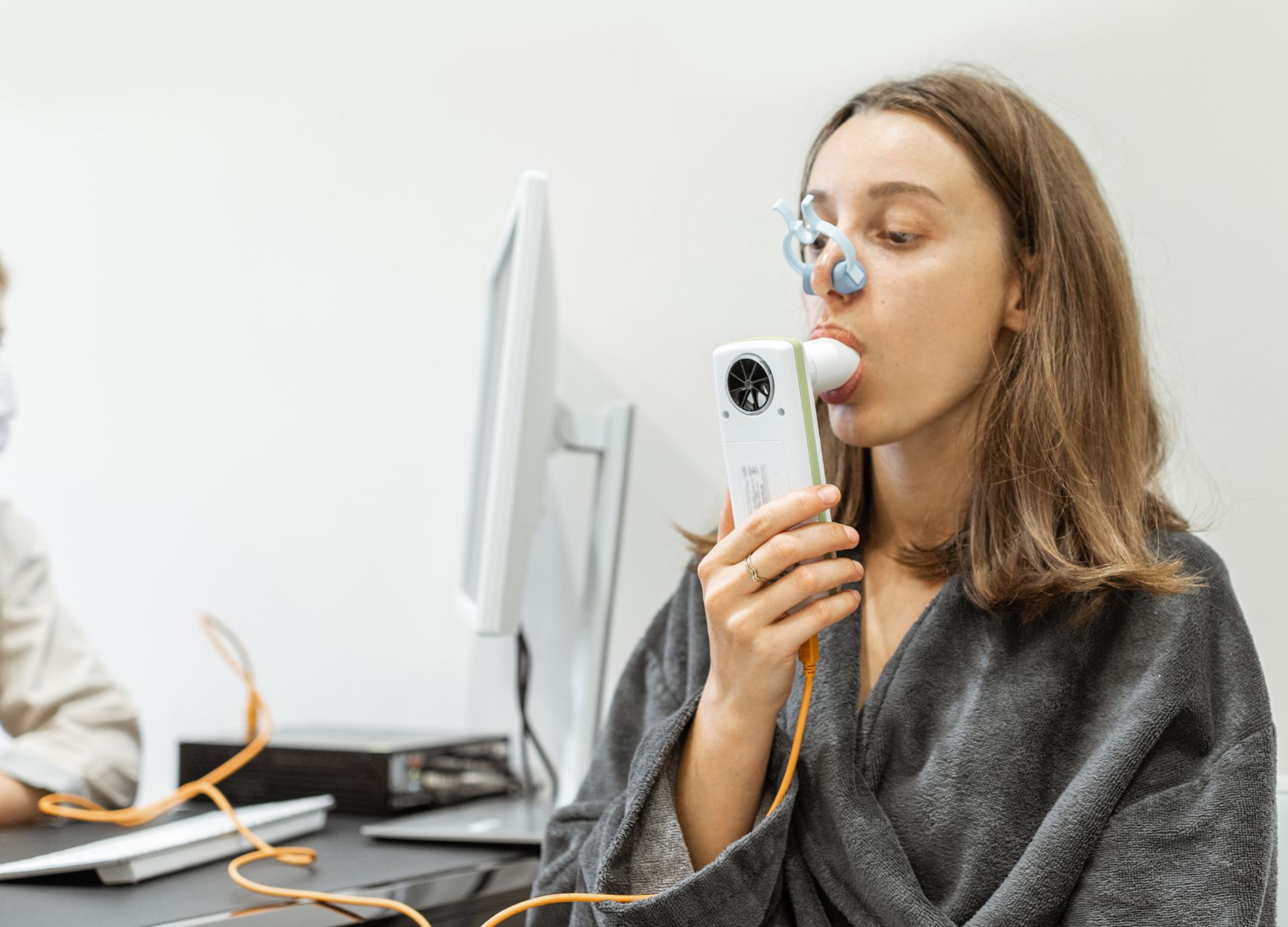This service or treatment is generally covered by most health insurance policies. You are responsible for checking your insurance policy cover, and you may need a referral letter. Check which insurance companies are covered.
Bronchial Provocation Tests
Bronchial provocation tests are used to evaluate lung function and the sensitivity of the airways to help diagnose asthma.

What are bronchial provocation tests?
Bronchial provocation tests can also be called bronchial challenge tests, airway provocation tests or direct challenge tests.
The tests are used to assess the sensitivity of your airways. One part of the testing involves breathing in a powder or mist that can ‘challenge’ or irritate the airways, causing the airways to narrow. If your airways are very sensitive, they will be affected by a lower dose of the irritant than people who have healthy airways.
Why are bronchial provocation tests performed?
If you have a cough or symptoms suggestive of asthma, but other lung function tests have not confirmed the diagnosis, bronchial provocation tests may be helpful in determining whether or not you have asthma.
Preparing for a bronchial provocation tests
You will receive all the information you need to prepare for your tests before your appointment.
To get the best possible results we ask that you avoid the following:
- No smoking for at least 6 hours prior to the test.
- No caffeinated food or drinks (chocolate, tea, coffee, cola etc.) at least 4 hours prior to the test
- No alcohol for at least 4 hours prior to the test
- No heavy exercise on the day of the test.
- Wear loose and comfortable clothing on the day of the test.
We ask that before the test you refrain from your inhalers and/or medications - these will be discussed with you prior to your procedure.
What do bronchial provocation tests involve?
At OneWelbeck, bronchial provocation tests are led by our physiologists and are performed in the respiratory lab outpatient clinic. The testing can take up to 90 minutes from start to finish and you’ll receive your results in 24 hours.
Before the main test is performed, your physiologist will determine your baseline lung function with a spirometry test. This involves taking a deep breath and then exhaling as fast and hard as you can into a simple device called a spirometer. This measures how much air you can exhale in one forced breath. If your lung function is stable and reproducible, you will move on to the next part of the test.
You’ll be given a hand-held device called a nebuliser to breathe through, which will deliver an irritant in the form of a powder or mist. The test will begin with a low dose and gradually build to see how your airways react.
Between each increase in dose, your breathing will be tested with spirometry to check for changes in your airways. If your breathing gets worse it indicates that your airways are sensitive, suggesting that asthma is likely. If there is no reaction it is less likely you have asthma.
Recovering from bronchial provocation tests
If any symptoms are triggered by the test, these will be managed quickly and effectively by your physiologist. You will stay in the test area and be cared for until you have recovered fully and your lung function has returned to your baseline. You can then leave the outpatient clinic to return home.
Book a consultation
Mar 2026
Currently selected day
Available consultations




